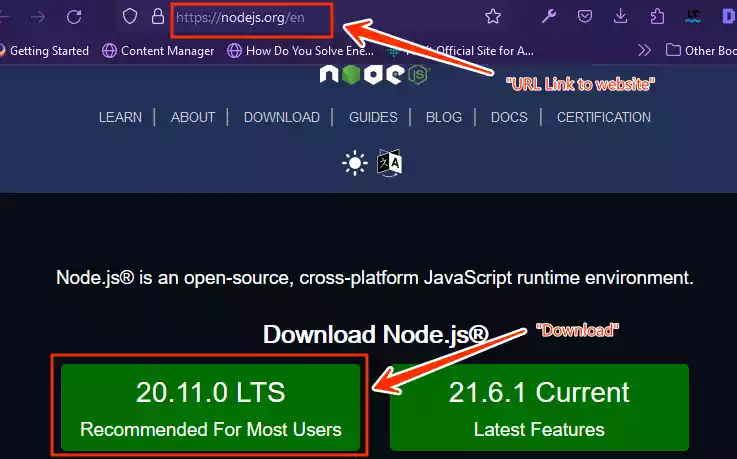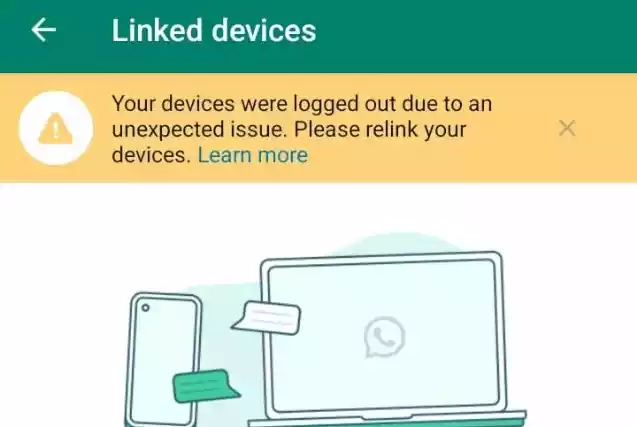What is ChatGPT? Its Advantages and Disadvantages
Table of Contents
What is ChatGPT?
ChatGPT is an advanced language model chatbot created by OpenAI. It boasts several advantages that make it a valuable tool for various applications.
Firstly, its power lies in the extensive training it has undergone using a vast dataset of text and code.
Read on: Where Does ChatGPT Get Its Data From?
This training enables ChatGPT to generate coherent and informative text responses, making it a reliable source of information and assistance.
Advantages of ChatGPT
1. Extensive Training and Reliable Responses
ChatGPT’s strength lies in the extensive training it has undergone. By leveraging a vast dataset of text and code, ChatGPT has acquired a deep understanding of language and context.
This training allows it to generate responses that are coherent, informative, and relevant to user queries.
Whether it’s answering a factual question or engaging in a conversation, ChatGPT’s responses can be relied upon for accuracy and helpfulness.
2. Versatility and Multifaceted Capabilities
One of the significant advantages of ChatGPT is its versatility. It goes beyond basic conversation and excels in performing a wide range of tasks.
From generating text to translating languages and even producing creative content, ChatGPT is a flexible tool that can cater to various needs.
This adaptability makes it a valuable resource for content creation, language translation, and many other applications.
3. Ease of Use and Accessibility
ChatGPT’s web-based platform offers users the convenience of accessing its features from anywhere with an internet connection.
There are no complex setup processes or installations required. Users can simply visit the platform and engage in conversations or utilize the text generation features effortlessly.
This accessibility makes ChatGPT an easily accessible tool for users across the globe.
Limitations and Disadvantages
1. Potential for Bias in Responses
While ChatGPT is a powerful language model, it learns from the dataset it is trained on, which is created by humans and can contain biases present in society.
As a result, ChatGPT may unknowingly reflect or amplify these biases in its outputs. It is essential to be mindful of this limitation and critically evaluate the information provided by the chatbot.
Users should exercise caution when dealing with sensitive topics and cross-verify information from other reliable sources.
2. Possibility of Inaccurate or Misleading Text
Despite extensive training, there may be instances where ChatGPT generates responses that are not entirely accurate.
The model is continually evolving and improving, but it is still under development. Users should be aware of the potential for inaccuracies and exercise caution when relying solely on ChatGPT’s responses.
It is advisable to verify critical information from trusted sources to ensure accuracy.
3. Potential for Misuse and Ethical Concerns
The text generation capabilities of ChatGPT can be misused for malicious purposes. The tool has the potential to create and spread fake news or disseminate misinformation if not used responsibly.
Responsible usage and ethical considerations are crucial to prevent the misuse of this powerful technology.
It is essential to use ChatGPT in an ethical and responsible manner, adhering to principles of honesty, accuracy, and integrity.
Wrap Up
As a wrap up, ChatGPT is an advanced AI language model developed by OpenAI that can engage in natural language conversations with users.
It has a wide range of applications, from answering questions and providing information to assisting with content creation.
However, it’s important to keep in mind that ChatGPT has limitations and should be used responsibly.
When using ChatGPT, it’s crucial to critically evaluate the information it provides and cross-reference it with reliable sources.
While ChatGPT has been trained on vast amounts of data, it may still produce inaccurate or biased responses. OpenAI is actively working to address these issues and reduce biases within the system.
Furthermore, it’s essential to use caution when relying on ChatGPT for specialized fields such as law, finance, or medicine.
Consultation with qualified professionals is always recommended for obtaining accurate and reliable advice in these areas.
By using ChatGPT responsibly and leveraging its capabilities while exercising critical thinking, users can benefit from its conversational abilities and enhance various aspects of their work and interactions.
FAQs (Frequently Asked Questions)
- How does ChatGPT generate its responses? ChatGPT generates responses by leveraging its extensive training on a vast dataset of text and code. It uses complex algorithms and language patterns to generate coherent and informative text based on the input it receives.
- Q: Can ChatGPT understand and respond in multiple languages? Yes, ChatGPT has the capability to translate languages. It can understand and respond in multiple languages, making it a versatile tool for global users.
However, its proficiency may vary depending on the specific language and the training data it has been exposed to. - How can I use ChatGPT for content creation? ChatGPT can be a valuable tool for content creation. You can provide it with a specific topic or outline, and it can generate text based on that input.
But, it’s important to review and edit the generated content to ensure accuracy, coherence, and alignment with your specific requirements. - Is ChatGPT suitable for academic or professional writing? While ChatGPT can assist in generating content, it should be used with caution for academic or professional writing.
The generated text should be carefully reviewed and verified to ensure accuracy and integrity.
It is recommended to rely on authoritative sources and human expertise for critical academic or professional work. - Can ChatGPT provide legal, financial, or medical advice? No, ChatGPT should not be relied upon for legal, financial, or medical advice. It is an AI language model and does not have the expertise or qualifications of trained professionals in these fields.
For specialized advice, it is always best to consult with qualified professionals who can provide accurate and reliable information. - How does OpenAI address the issue of bias in ChatGPT? OpenAI is actively working to reduce bias in ChatGPT’s responses. They are investing in research and engineering to make the system more reliable and to mitigate biases.
OpenAI also encourages user feedback to help identify and rectify any instances of bias.





